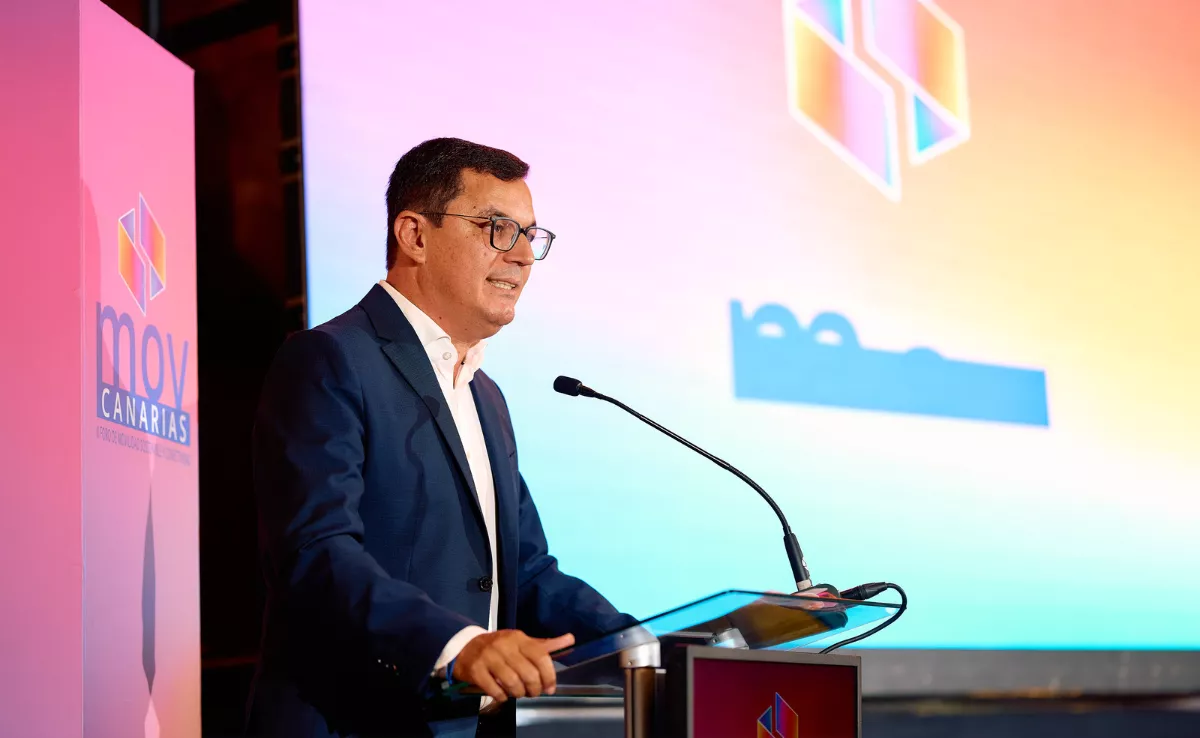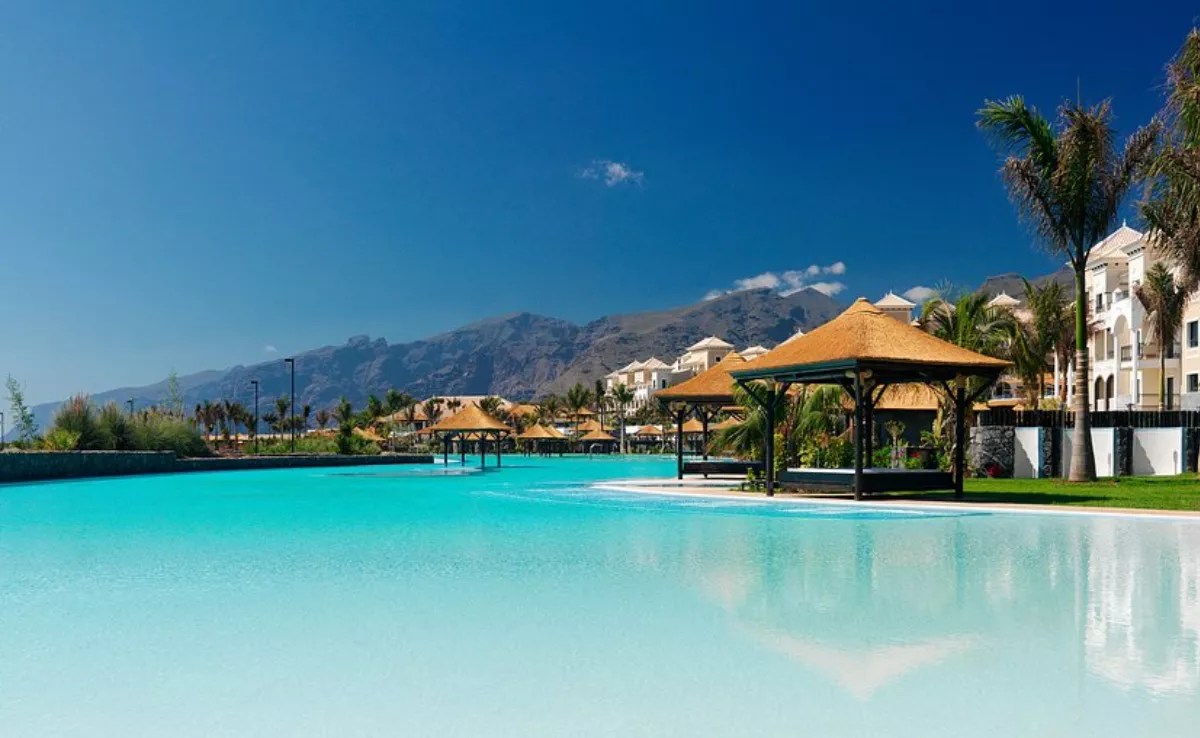Second Edition of MOV Canarias Forum Inaugurated in Gran Canaria

The second edition of the Sustainable Mobility and Connectivity Forum, MOV Canarias, was inaugurated on Thursday at the Santa Catalina Hotel in Gran Canaria. The opening session focused on rail connectivity as a key element for the future of mobility in the islands. Under the slogan “Canarias unlocks its projects”, representatives from the Government of the Canary Islands, the island councils, and the business and academic sectors discussed the challenges and opportunities of this long-awaited infrastructure.
Government Recognition and Commitment
The Minister of Public Works, Housing, and Mobility, Pablo Rodríguez Valido, opened the event by highlighting that Canarias is experiencing a unique moment: “We are the best-connected archipelago in the world. We are at a historic juncture. For the first time, the Spanish Government acknowledges the public interest of the Canary railway network.” Rodríguez emphasised that the commitment extends beyond trains, including the enhancement of public bus transport and the continuation of record-breaking passenger discounts. “The sustainable mobility strategy for Canarias must be robust and comprehensive, integrating railway projects with an efficient public transport network,” he stated.
Planning and Action
The Director General of Transport and Mobility, María Fernández Pérez, advocated for transitioning from planning to action: “For the first time, we are moving from words to deeds with the signing of this railway protocol. It is now or never.” Fernández acknowledged that the financial landscape is not ideal, but she insisted that unity among institutions and the Spanish Government’s commitment will enable access to European funding. “This project is the only real alternative,” she declared. Furthermore, she highlighted the need to provide alternatives that foster a change in public mindset with “a 360 strategy”. Fernández concluded her speech by underlining the importance of the consensus achieved among institutions as a vital condition for advancing these initiatives.
Addressing Initial Hesitations
Eulalia García Silva, the Mobility Councillor for the Cabildo of Tenerife, recalled the initial hesitations regarding the tramway and the current consensus about its usefulness in supporting the role of trains on the island. She explained that for Tenerife, “the train is the only solution”, noting that the most advanced project is in the south, which will connect to Tenerife South Airport. She warned that the island council would not wait for the State to exclusively finance this infrastructure.
Meanwhile, Manuel López Mendoza, the Island Director of Transport and Sustainable Mobility for the Cabildo of Gran Canaria, outlined the progress in the island’s railway project, which is already underway with 25 actions in progress, some of which are open for tender. López praised the design of intermodal stations that will integrate trains, buses, taxis, bicycles, and car parks, and noted that the planned expropriations are limited, far lower than the average required for roads.
A Commitment to Change
The inaugural day of MOV Canarias 2025 confirmed the commitment of institutions and sectors towards a paradigm shift in island mobility. With a debate that encompassed financial realism, ambition for structural and technological improvement in mobility, and a vision for the future, the forum has established itself as a reference platform for sustainable mobility and connectivity in the archipelago.
The forum will continue on 23rd September in Tenerife, with a meeting dedicated to port connectivity and the transition to biofuels, bringing together representatives from the Port Authorities and the business sector.













